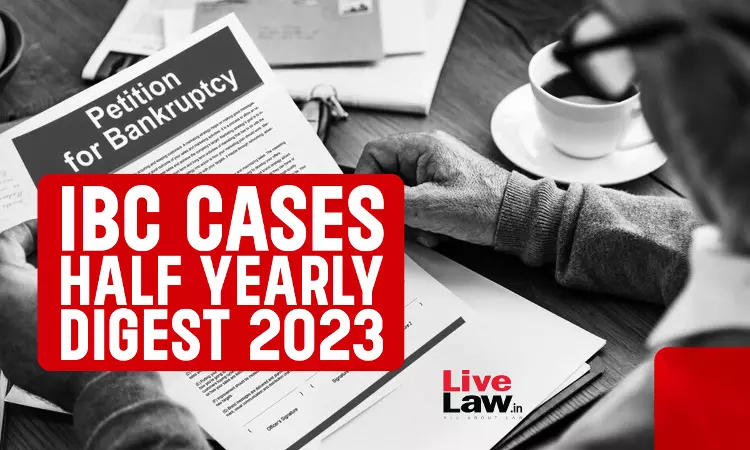Next Story
10 Aug 2023 5:00 PM IST
Supreme Court “Inappropriate, Almost Bordering On Contempt”: SC Deprecates NCLAT Order Impeding Implementation Of SC Order Case Title: Indiabulls Housing Finance Ltd. v Iirf India Realty Xii Ltd. & Ors. Case No.: CIVIL APPEAL NO.9062/2022 The Supreme Court Bench comprising of Justice Sanjay Kishan Kaul and Justice Abhay S. Oka while adjudicating an appeal has set aside...

